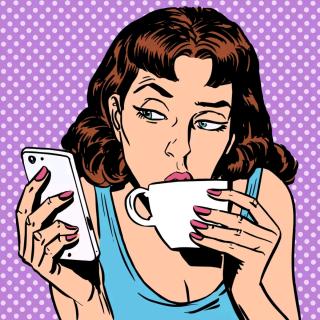
介绍:
ANDERSON COOPER, CNN ANCHOR (voice-over): September 26, 1960, the first televised presidential debate, signaling a new era where appearances matter more than ever and gaffes, however small, are magnified.
COOPER: John F. Kennedy, a young senator from Massachusetts, facing off against Vice President Richard Nixon, who is known to be a fierce debater.
But on screen, Kennedy looks cool and calm, while Nixon looks uncomfortable, sweating profusely under the hot studio lights.
COOPER: Nixon flounders under the glare of television for all four debates. Kennedy goes on to win the election.
In 1976, President Gerald Ford makes this blunder in his debate with Georgia Governor Jimmy Carter.
In 1980, Ronald Reagan is repeatedly attacked by President Carter for his stance on health care.
JIMMY CARTER, FORMER PRESIDENT OF THE UNITED STATES: Governor Reagan, as a matter of fact, began his political career campaigning around this nation against Medicare.
COOPER: But Reagan wins fans and the election by staying cool.
COOPER: Four years later, President Reagan again uses humor to handle attacks on his age during his debate with Walter Mondale.
REAGAN: And I want you to know that also I will not make age an issue of this campaign. I`m not going to exploit for political purposes my opponent`s youth and inexperience.
COOPER: Body language plays a part in the presidential debate in 1992. George H.W. Bush deliberately looks at his watch and he pays for it when the audience and voters see it as disrespectful.
Body language makes a difference in a debate between Al Gore and George W. Bush as well. Gore sighs over and over again and Bush, the underdog, surprises by winning the debate and of course the election.
But if there is one thing that history has taught us, when it comes to presidential debates, expect the unexpected.
(END)
大家还在听

